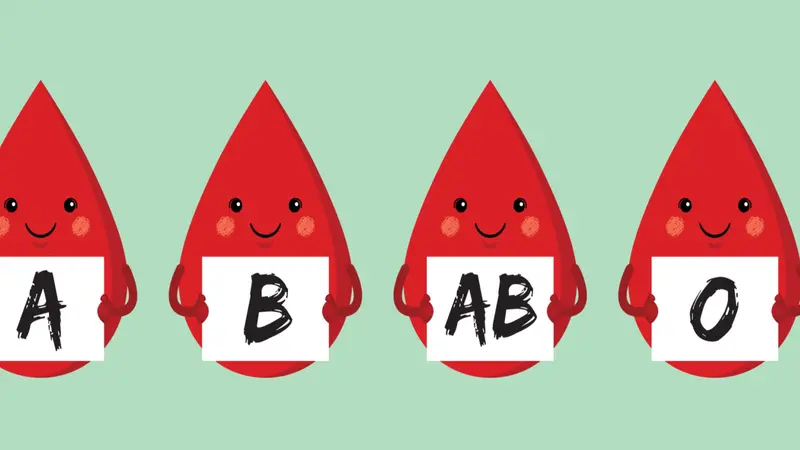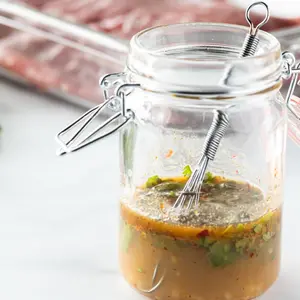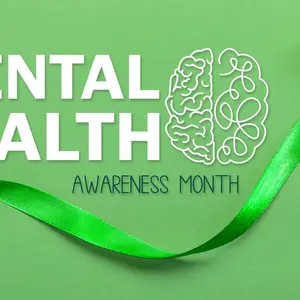

WELLthier Living and Aging

WELLthier Living and Aging
What Our Blood Types Can Tell Us
Our bodies give us countless clues about what they need and how to keep them well. We use many dietary theories in our nutritional practice to create customized plans for clients. One that makes a lot of sense, and that we refer to often, is The Blood Type Diet by Dr. Peter D’Adamo. In this article, we pulled our favorite tenets of it to allow you to identify how to use food as medicine for your blood type.
O: The Universal Donor
The oldest of all blood types, blood type O, dates back to almost 30,000 years ago. Os were the goal-oriented, self-reliant hunter-gatherers. They were built with a hardy digestive tract and a strong immune system, because they needed natural defenses against infections.
Those with blood type O have shorter small intestines and typically strong enzyme production, which helps them process meat. In terms of sensitivities, I consistently find that those with blood type O do so much better without wheat, corn, or pasteurized dairy in their diet. They also tend to react adversely to kidney beans and Brussels sprouts. The best foods to eat consistently for blood type O are high-quality, grass-fed beef, kelp (because of its high iodine content that supports thyroid function), seafood, spinach, broccoli, and kale.
B: The Balanced Blood Type
Between 10,000 and 15,000 years old, blood type B has natural genetic strengths with adaptability and immunity. They are the classic omnivore minus chicken, which can adversely affect their immune system. Bs do best when avoiding corn, peanuts, wheat, and seeds, because the avoidance of these foods allows the metabolism to function optimally. Eggs, greens, and most animal meats are a great staple in the diet of those with blood type B.
A: The Classic Vegan/Vegetarian
Blood type A can extract protein out of vegetarian sources better than the other blood types. Consuming less red meat, dairy, wheat, and kidney beans is a good idea for As, because these foods contribute to weight gain and digestive upset for them. The digestive tracts of those with blood type A are the most sensitive, and their immune systems can be vulnerable. It is important for blood type As to include foods that are high in vitamin C, vitamin E, folic acid, and immune boosters. This includes the full spectrum of fruits and vegetables, good quality fermented foods like miso or tempeh, whole grains, legumes, and seafood. For those who actually are vegan/vegetarian, it is very important to supplement with vitamin B12.
AB: The Universal Receiver
Blood Type AB is the youngest at about 1,000 years old. It is also the rarest of all blood types and is the universal receiver. Those with blood type AB tend to be highly sensitive, yet adaptable, and are able to mentally process things quickly.
Those with blood type AB tend to have the combined benefits of both A and B as well as a strong immune system. A mixed diet in moderation that includes meat (not red meat), seafood, beans, legumes, high-quality dairy, vegetables, and fruit helps them thrive. When looking at food sensitivities for this blood type, I tend to find their sensitive digestive systems do not process corn, kidney beans, or red meat very well.
This article is reprinted with permission from the author, Christa Orecchio, CN, HHC, and first appeared in The Whole Journey.
REFERENCES
Eat Right for Your Type by Peter D’Adamo


 By
By






